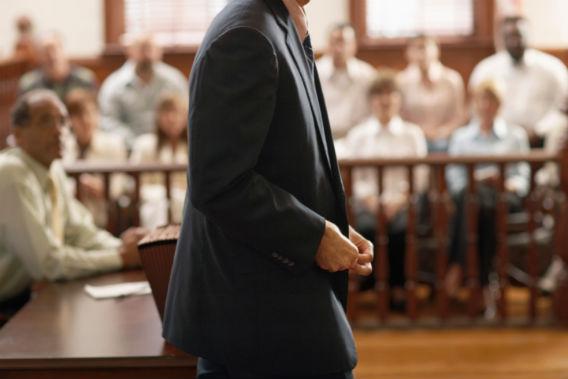The National Security Agency is collecting metadata on the calls of all Verizon customers according to a report from the Guardian. Obama administration officials have defended their surveillance activities, without admitting to anything specific, noting that the Foreign Intelligence Surveillance Court approves such intelligence gathering. Who represents the privacy interests of ordinary Americans before the secret intelligence court?
No one. Applications for surveillance orders from the FISA court are nonadversarial, which means the target of the investigation is not represented. The judges, working on their own, are supposed to ensure that the government meets the legal standard. In practice, there’s little the judges can do to stop investigators from getting what they want because the standard is so low. The government must show that it seeks information “relevant to an authorized investigation.” Relevance is presumed if the government merely states—not proves—that the records relate to: “(1) a foreign power or an agent of a foreign power; (2) the activities of a suspected agent of a foreign power who is the subject of such authorized investigation; or (3) an individual in contact with, or known to, a suspected agent of a foreign power who is the subject of such authorized investigation.” Absent congressional action, it’s very unlikely you’ll have representation before the FISA court anytime soon. Last year, the Supreme Court ruled that a group of journalists and attorneys lacked standing to challenge the procedures because they couldn’t prove any injury to themselves.
Although you had no opportunity to contest the order that delivered your phone data to the NSA, Verizon likely had some say. After a surveillance order is issued, electronic service providers may present a challenge if they feel the order is impractical or overly burdensome.
The government has an astonishing success rate before the FISA court. Between 2010 and 2012, the court approved all of the 5,180 applications for surveillance and physical searches except for one that the government unilaterally withdrew. Despite receiving more than a 1,000 requests every year since 2002, the court has never denied more than four applications in a single year.
Those statistics may be slightly unfair to the judges, though. Former FISA court judges claim that they sometimes persuade government investigators to modify or narrow their requests before issuing the approval. In 2012, the judges modified 39 orders out of 1,856. The government must also submit “minimization procedures” along with the application, which are supposed to prevent the misuse of information belonging to innocent people. However, as with other aspects of foreign intelligence gathering, it’s difficult to ascertain whether the government is complying with its own minimization procedures.
The current makeup of the FISA court is probably favorable to approvals. The 11 judges on the lower level of the court and the three appellate judges are appointed by the chief justice of the United States. Since the FISA court was established in 1978, every chief justice has been a Republican appointee with a fairly broad view of the government’s powers in safeguarding national security.
Got a question about today’s news? Ask the Explainer.
Explainer thanks Stephen I. Vladeck of American University Washington College of Law, who blogs on national security law at Lawfare.
Watch Verizon’s lost “Can you hear me now?” NSA ad:
